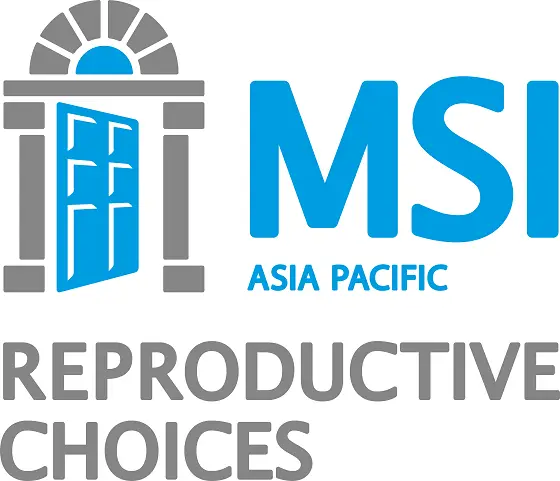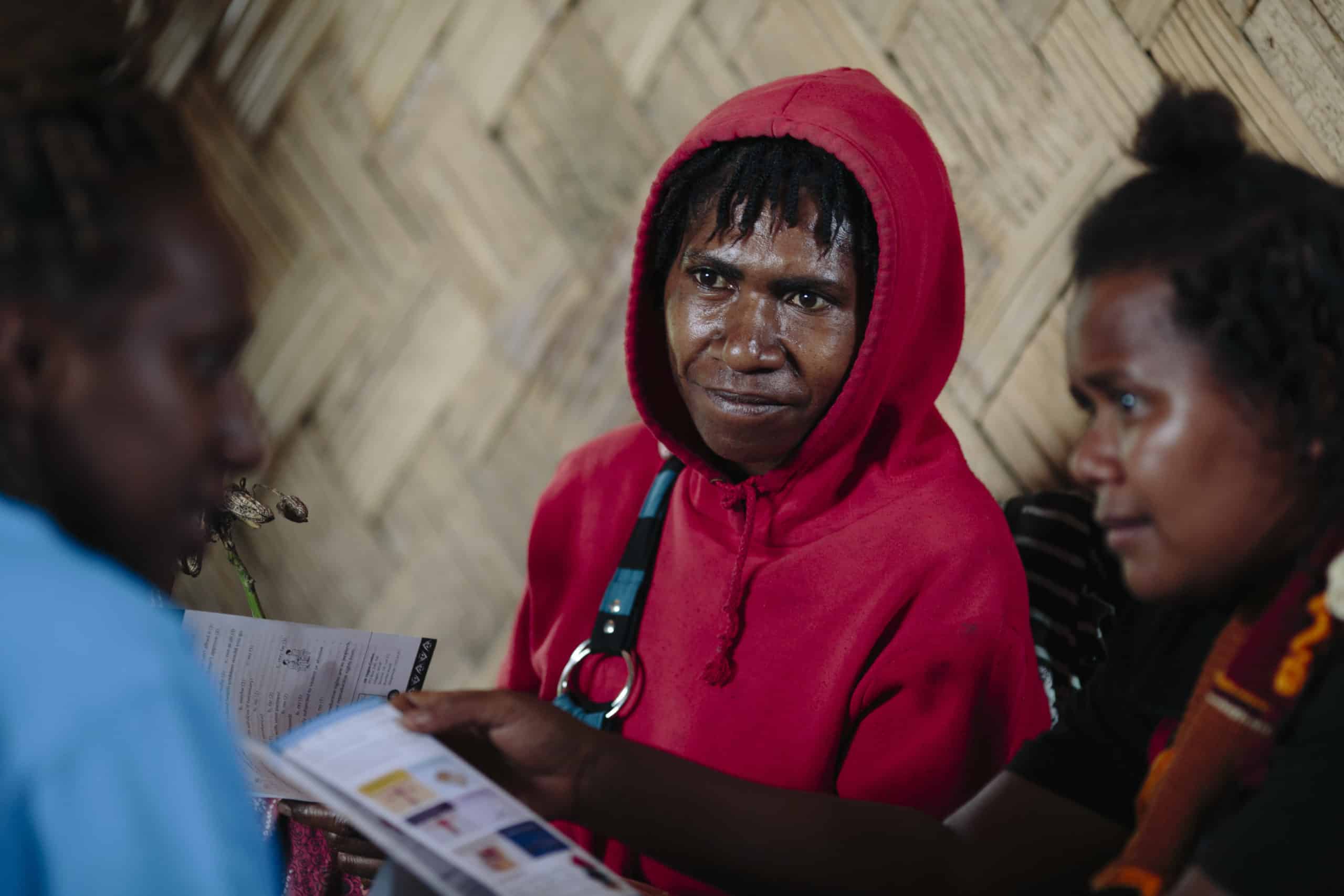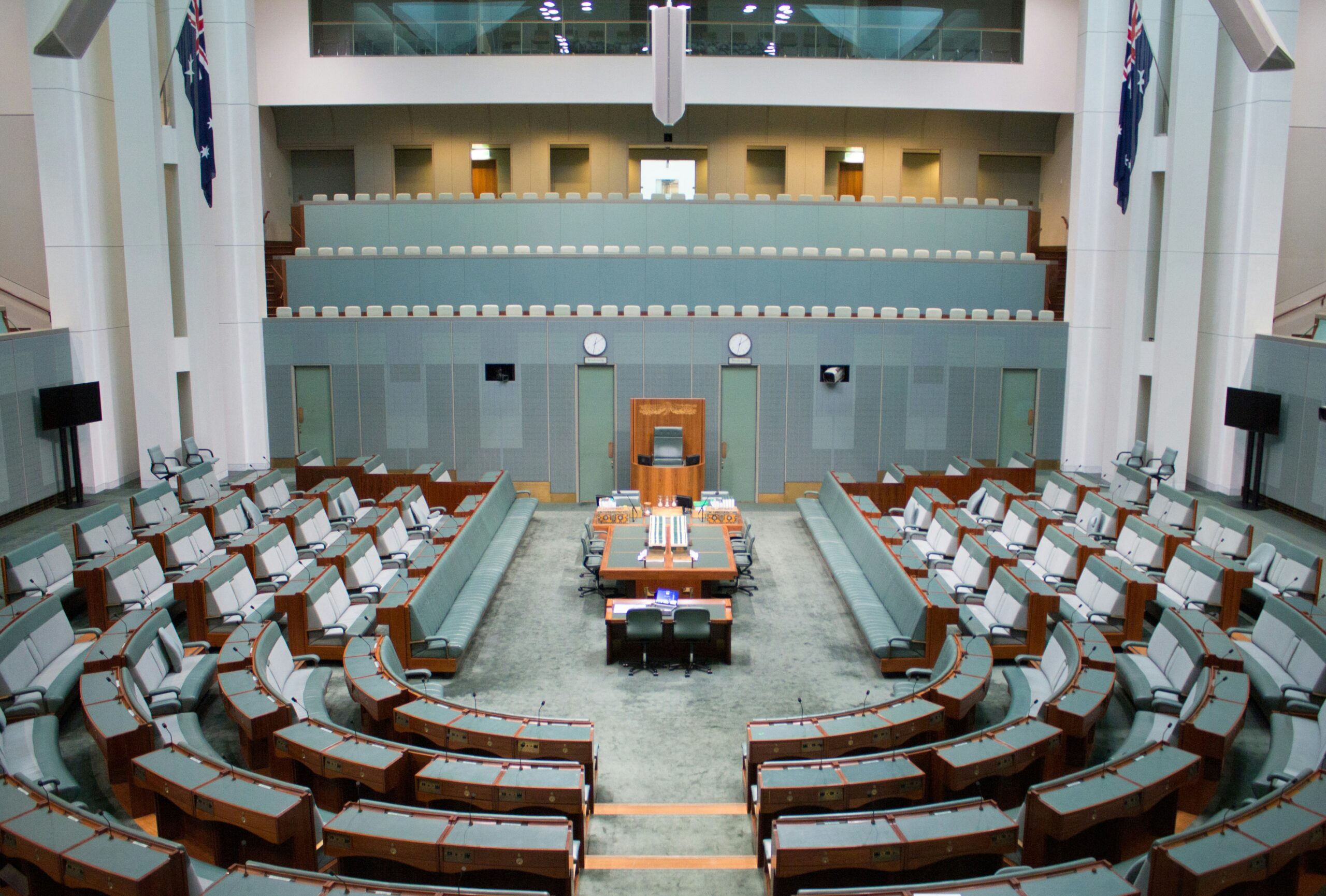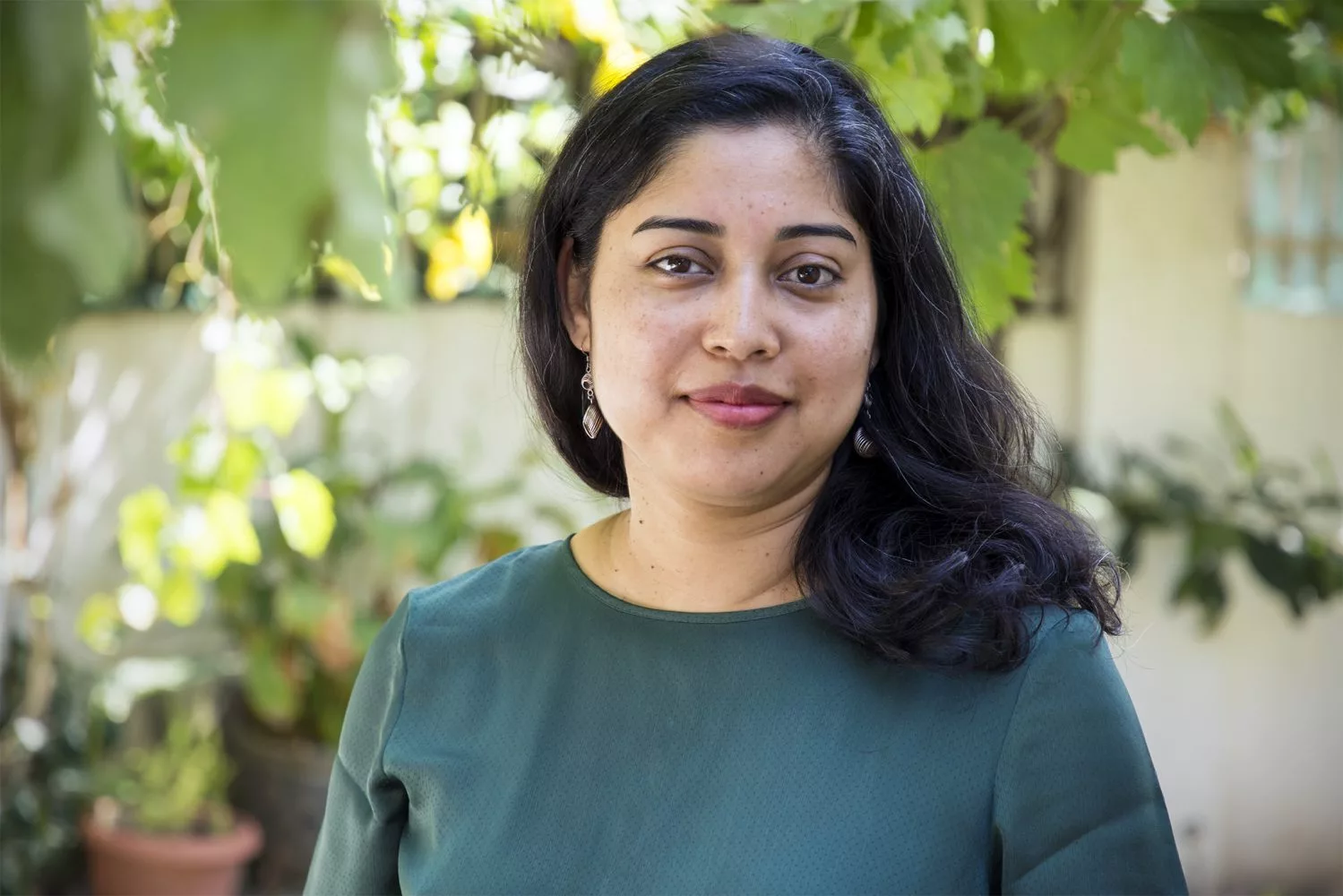Australia will go to the polls on Saturday 21 May to elect our next federal government.
At MSI Asia Pacific, we believe passionately that every woman should be able to determine her future, and our work is all about providing sexual and reproductive health services where they are needed most.
International aid has a key role in supporting women and their families in our region to thrive. We access funding through the Australian aid program to provide high quality sexual and reproductive healthcare and support women and their families to make informed decisions, including if and when they have children
The Australian foreign aid budget used to be $5.5 billion a year. Since coming to power in 2013, the Liberal government reduced this in its first seven years, with the total falling to $4 billion. In 2013, Australia was ranked 13th out of 29 OECD donor countries on foreign aid generosity. Australia has slipped to 21st in the ranking as of 2021. Issues such as sexual and reproductive health, bodily autonomy and self-determination (including safe abortion) have not been major discussion points during this election campaign. But we know that these issues matter a great deal to women and girls in the region, so we encourage you to keep this in mind as you choose how to vote.
Below we have included a summary of each major parties commitments are with regard to the aid program and what they have said on important topics including health, gender equality and climate change.
Labor
Labor has pledged to increase Australian Official Development Assistance to Pacific countries by $525 million over four years, starting in 2022. The Pacific aid projects will support gender equality, people with disabilities, economic growth, health, education, water, sanitation and hygiene needs, and climate change adaptation and resilience.
Labor plans to reach a funding target for international development of 0.5% of Gross National Income over time. Their platform says, “Labor will increase aid as a percentage of Gross National Income every year that we are in office starting with our first budget.” The $525 million will increase Overseas Development Assistance to the Pacific by around 5 per cent in 2022-23, 6 per cent in 2023-24, 8 per cent in 2024-25 and 9 per cent in 2025-26.
Also announced is a Pacific Climate Infrastructure Financing Partnership to support climate-related infrastructure and energy projects in Pacific countries and Timor-Leste. Climate change is a slowly unfolding humanitarian crisis, where women and girls are hardest hit. Learn more about how sexual and reproductive health and rights and climate change intersect at our website.
Under a Labor government, the Australian NGO Cooperation Program (ANCP) will be boosted by $32 million. MSI Asia Pacific is one of 55 NGOs that are currently supported by the ANCP.
Domestically, Labor has announced plans for cheaper childcare and closing the gender pay gap, and measures to increase women’s safety.
Liberal
After six years of cuts to aid while in government from 2013 to 2019, the most recent budget saw the Liberal government increase the Australian aid budget in 2022-23 to $4.549 billion from an originally estimated $4.335 billion in 2021-22, and the announcement of $324.4 million for the Pacific and Timor-Leste to help COVID-19 recovery. However, this 2.5% increase to the base aid program does not meet CPI figures of 3% for 2022-23 and still leaves Australia 21st out of 29 OECD countries providing foreign aid funding to developing countries. The Liberals have not committed to reaching a target of 0.5% of Gross National Income.
The temporary increase to funding in the Indo-Pacific during COVID-19 includes $48.5 million from 2021-2023 for the Indo-Pacific Sexual and Reproductive Health and Rights COVID-19 Response to support family planning, preventing and treating sexually transmitted diseases, and maternal and newborn health. While this funding is very welcome, the impact of the pandemic will be felt for many years to come, and funding for women and girls’ health, including sexual and reproductive health must continue.
The 2022-23 Federal Budget included an estimated $1.5 billion to support gender equality across Australia’s development program. Of this $1.5 billion, more than $500 million will be spent in the Pacific. This includes $170m for Pacific Women Lead from 2021-2026. The program promotes women’s leadership, women’s rights, and increases the effectiveness of regional gender equality efforts in the Pacific. $300 million will go to Southeast Asia Women Together from 2022-2027. It will focus on building women’s economic empowerment, increasing women’s leadership in regional peace and stability and realising women’s and girls’ rights focused on violence prevention.
Domestically, the Liberals have announced policies for women including investing $2.5 billion over the first five years of the next National Plan to End Violence Against Women and Children. This plan aims to support all women and girls to achieve the best health outcomes possible through initiatives covering maternal, sexual and reproductive health (including endometriosis), preventative health and mental health.
Greens
Writing in the DevPolicy blog, Greens Senators Mehreen Faruqi and Janet Rice outline their vision for aid and development that “sees Australia not just contribute its fair share of Official Development Assistance (ODA), but also reimagines foreign aid, not simply as charity but as an issue of global racial justice.”
They see Australia as having an obligation to “contribute to a just and equitable world by working with communities in the Global South to promote human rights, environmental protection, health, education and climate justice.”
The Greens plan is to increase Australia’s aid budget to 0.7% of GNI by 2030. They plan to provide climate finance and reparations of $4.5 billion from 2022-2025. Placing the human rights and self-determination of women and girls at the centre of Australian development assistance programs is another key feature. Their plan will also cancel future loan payments from all countries in the Global South who owe debt directly to Australia.
Domestically, the Greens plan to increase paid parental leave and implement all recommendations in the Respect@Work report and ensure a roadmap to safer workplaces




